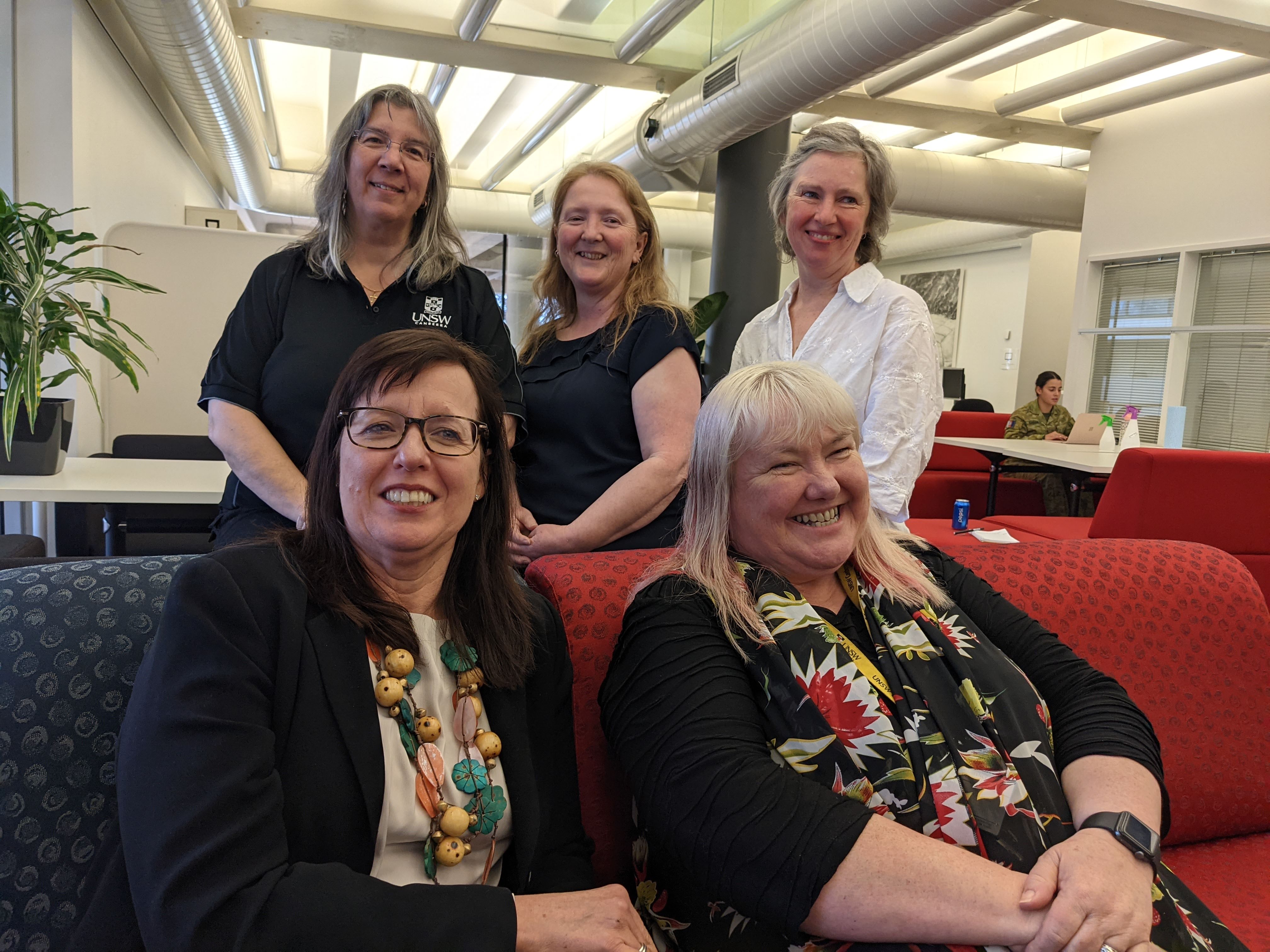Access for All at UNSW Canberra Academy Library
20 May 2021 marks the 10th annual Global Accessibility Awareness Day (GAAD), which aims to start and support conversations around digital accessibility and inclusion for people
20 May 2021 marks the 10th annual Global Accessibility Awareness Day (GAAD), which aims to start and support conversations around digital accessibility and inclusion for people

20 May 2021 marks the 10th annual Global Accessibility Awareness Day (GAAD), which aims to start and support conversations around digital accessibility and inclusion for people with disability.
For people living with disability, including those who are deaf or hard of hearing, experience visual impairments, have physical disability or mobility limitations, and learning or cognitive disability, navigating digital content can be challenging, if not impossible in some circumstances.
GAAD offers a variety on in-person and online events around the world to shed light on how to make the web a more access-friendly place, as well as to raise awareness of lived experiences of people with disability.
This year, the UNSW Canberra Academy Library has formed the Library Accessibility Working Group (LAWG) with the intention of reviewing and beginning to address the issues of accessibility in the Library’s physical and virtual spaces.
Library Manager Annette McGuiness is looking forward to the possibilities of enhancing accessibility for all.
“Libraries thrive on being the bridge between ideas and knowledge, between people and information through connection and service in both physical and digital spaces. Accessibility enables all people to be able to use this bridge – with safety, with support and with confidence,” Ms McGuiness said.
Starting with an informal audit to uncover what improvements can be made immediately, as well as in the short and longer term, the group is guided by the principle of ‘Access for All’, one of the Library’s top five priorities for 2021.
The Manager of Equity, Diversity and Inclusion at UNSW Canberra, Daniel O’Neill, was the first guest speaker at the group and has recommended a variety of resources and services to both assist with LAWG’s activities as well as with the teaching and learning journeys of UNSW Canberra staff and students.
“Access and inclusion should be paramount to teaching and research efforts for several reasons: it supports the full participation of the largest number of potential students, colleagues and research collaborators, and it provides our students and colleagues with equitable access to all our educational offerings, just to name a few,” Mr O’Neill said.
“Keeping accessibility and inclusion front of mind offers us all the opportunity to develop our consciousness about how we all navigate and interpret the world differently, and the benefits that flow from this.”
The LAWG will also be collating a list of library-specific resources as well as standards for best practise in accessibility.
Staff and students alike are encouraged to keep the dialogue alive around how accessibility and inclusion can continue to be improved in the UNSW Canberra community.
Students can access equitable learning services to improve their access to receive practical support to ensure any disability they may be living with does not adversely affect their studies. Staff continue to be able to work with their supervisors and HR to request and implement adjustments to their work environment and role to foster an inclusive workplace community.
Tips and tools for improving the accessibility of digital content can be found on the GAAD website, as well as links to this year’s events.
Image: Library Accessibility Working Group, including members Felicita, Deborah, Alison, Anna, Jonathon [absent from photo], and sponsor Annette.